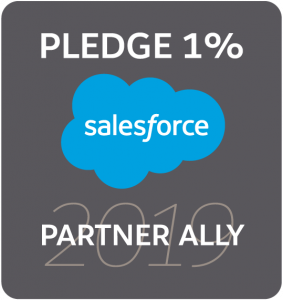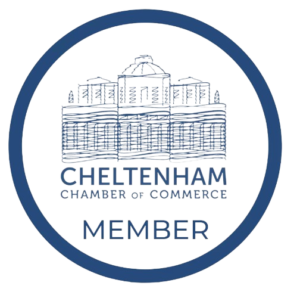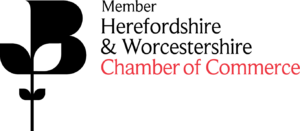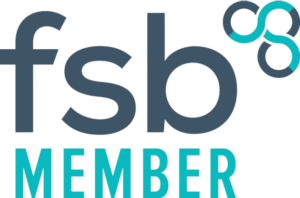Cotswolds Salesforce Community: Locking in a Salesforce architect mindset
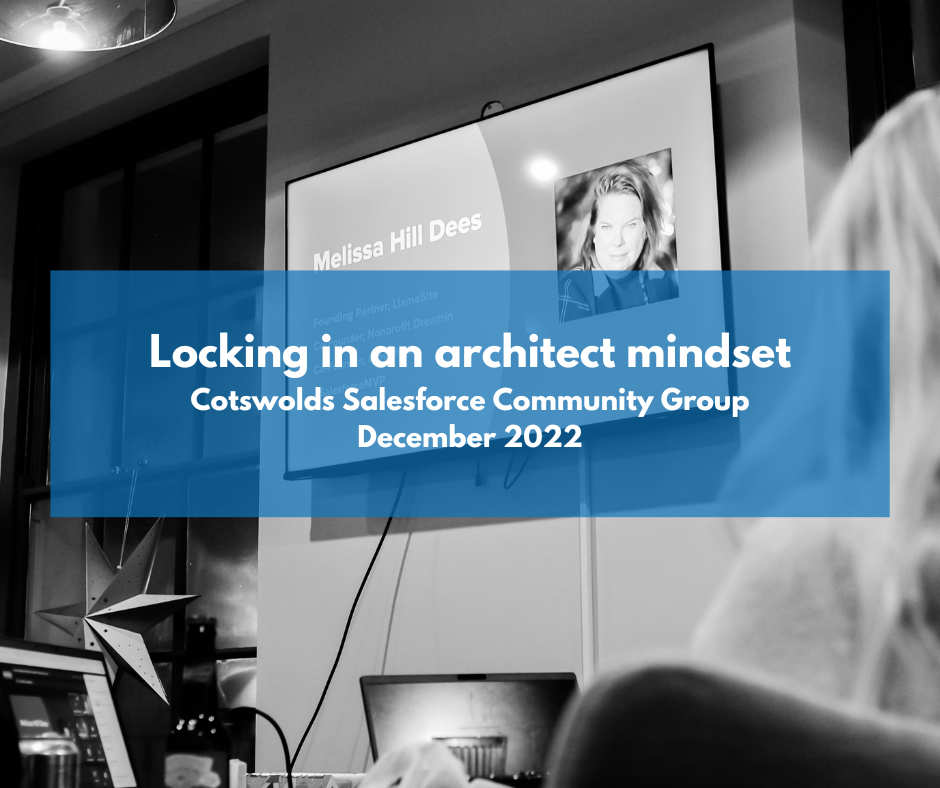
Thursday 1st December saw the Cotswolds Salesforce Community Group hosted in person at The Workplace in Cheltenham. Sponsored by Coacto and ProvenWorks, it was the final event of 2022 and a time to celebrate with some excellent speakers including Sam Walley, Melissa Hill Dees, Beth Clements, Ruth Cawdron and Callum Hurry.
Over the next couple of weeks we’ll be sharing some of the key points taken from each speaker’s session. The week we delve into the session delivered by Melissa Hill Dees and how to lock in the mindset of a Salesforce architect:
Salesforce MVP, Melissa Hill Dees
With a wealth of Salesforce certifications including Admin, Platform App Builder, Sales Cloud Consultant, Nonprofit Cloud Consultant, Sharing & Visibility Designer, UX Designer, Strategy Designer, & Business Analyst (to name a few), Melissa Hill Dees joined the community virtually from the states.
With a goal to automate what can be automated so that humans have more time to do what can’t be automated, Melissa provided an engaging session uncovering some useful tools relating to architects in the Salesforce ecosystem.

Locking in a Salesforce architect mindset
Melissa’s session began with a shout out to coveted Salesforce architect, Salesforce MVP, and Golden Hoodie recipient, Gemma Blezard and her poignant quote; “Architect is not a certification; it’s a mindset.”
It soon became clear that regardless of certifications or job titles, there are plenty of “architect tools” that can promote individual success and the success of any project. Melissa suggested that architect skills are certainly on trend in the Salesforce ecosystem and how utilising these tips will be helpful to launching new skill sets across the board:
- The Five Whys: To really achieve what is required of a project, you’ve got to be iterative, interrogative and understand the cause and effect. Melissa explained it’s not about asking why multiple times, but asking why until you get to the root of the problem, making it a crucial part of developing a solution. Not asking questions at all is the real danger. That’s why asking questions should be at the top of your architect tool box. Seek different perspectives with listening at the forefront of the process.
- Ecosystem mapping: Aside from asking the right questions, it’s incredibly important to ensure that you are asking the right stakeholders. Working with a team of advocates who are willing and understanding to champion the solution is always beneficial to a successful implementation. When you understand what matters to the stakeholders, you can identify mutually beneficial outcomes without the need for conflict.
- Consequence Scanning: Creating a space for healthy debate is a key part of consequence scanning. It allows stakeholders an opportunity to express their negative and positive consequences to prioritise the best path forward, mitigate any potential risks and determine an accountability plan.
See you in 2023!
All 2023 events for the Cotswolds Community have been scheduled. They’re also available on the Cotswolds Group Trailblazer listing for registration:
Stay updated on the Trailblazer platform and please join our Chatter Group too!






